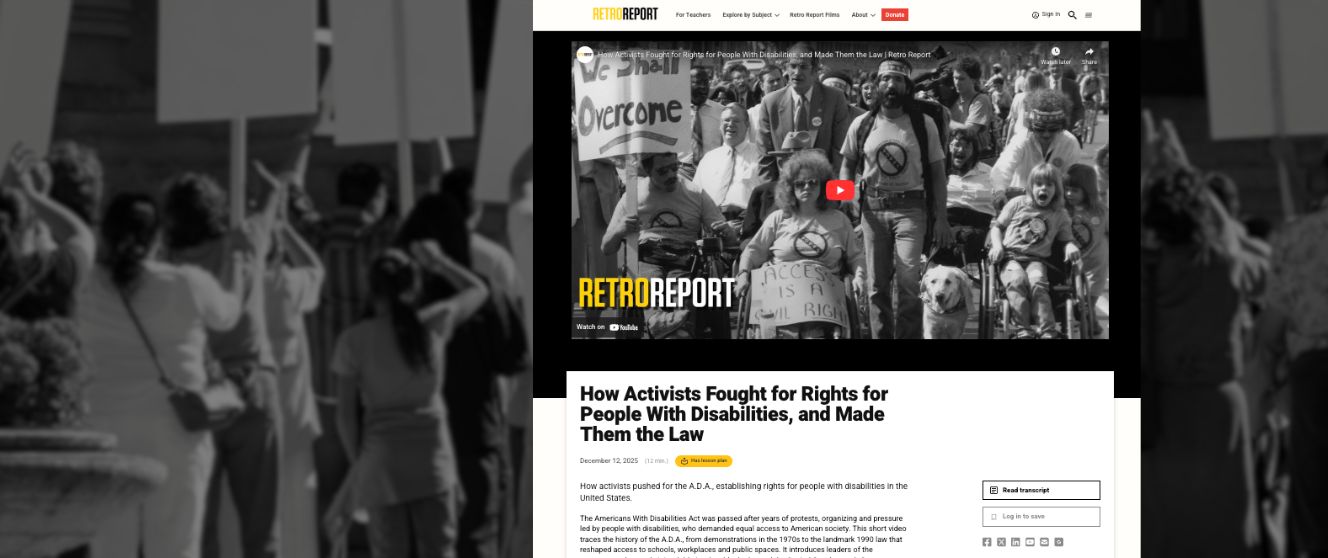
January 4, 2021
via Online Portal (www.regulations.gov)
Seema Verma, Administrator
Centers for Medicare & Medicaid Services
Department of Health and Human Services
Attention: CMS-9912-IFC
P.O. Box 8016
Baltimore, MD 21244-8016
Re: Center for Medicare and Medicaid Services Interim Final Rule: Additional Policy and Regulatory Revisions in Response to the COVID-19 Public Health Emergency (CMS-9912-IFC)
Dear Administrator Verma:
The Disability Rights Education and Defense Fund (“DREDF”) appreciates the opportunity to provide comment on the Centers for Medicare and Medicaid Services’ (CMS) Interim Final Rule “Additional Policy and Regulatory Revisions in Response to the COVID-19 Public Health Emergency.” DREDF is a national cross-disability law and policy center that protects and advances the civil and human rights of people with disabilities through legal advocacy, training, education, and development of legislation and public policy. We are committed to increasing accessible and equally effective healthcare for people with disabilities and eliminating persistent health disparities that affect the length and quality of their lives.
DREDF is gravely concerned with CMS’ Interim Final Rule (IFR). The IFR subverts an explicit requirement in the Families First Coronavirus Response Act (FFCRA), first signed into law on March 18, 2020, that states abide by maintenance of effort (MOE) protections for Medicaid services if they take up the option to receive enhanced federal Medicaid funding. The MOE protections were, and remain, vitally important to people with disabilities across the life span who are disproportionately enrolled in Medicaid, and rely on the program for the healthcare benefits needed to maintain their health, function, and independence. This is true for both the close to 8 million individuals who are eligible for Medicaid on the basis of age or disability[1] as well as the millions of non-elderly adults with disabilities who have health insurance through Medicaid expansion.[2]
The IFR reverses CMS’s previous position that required states to maintain Medicaid enrollment and services during the pandemic by allowing them to cut “optional” benefits such as home and community-based services (HCBS), physical and occupational services, behavioral health services, and dental and vision services. States that impose utilization management, higher cost sharing, and lower post-eligibility income requirements will not face MOE consequences while they continue to draw down matching funds under the FFCRA. As a result, people with disabilities and chronic conditions — who may have also lost housing and employment over the past months — will be subjected to a vicious downward spiral where they face greater barriers to needed healthcare, less functional capacity, reduced ability to find and hold employment, inability to pay for needed healthcare, and ultimately lost health that will irreversibly harm individuals, families, and the country.
The benefits affected by the IFR can literally influence life and death as COVID-19 infection rates persist and grow in the U.S. HCBS is what allows many individuals with significant disabilities who require a “nursing home level of care” to shelter-in-place during the pandemic, albeit with the necessity of receiving personal care assistance. Similarly, poor dental care is linked to higher rates of aspiration pneumonia,[3] which has obvious relevance to a virus that attacks the respiratory system and can lead to the necessity for ICU care and ventilator use. The loss of these so-called “optional” services will exacerbate the heightened risk of COVID-19 infection and severe illness that people with disabilities and chronic conditions already bear, even as vaccination for this group is not a top priority in most states and vaccination overall remains below target throughout the country.
The Consortium for Citizens with Disabilities, of which DREDF is a member, earlier today submitted a detailed comment letter on the IFR that we fully support. Our comment supplements the studies and material introduced in the CCD letter by further emphasizing the importance of certain key Medicaid services, as well as the principle “nothing about us without us,” to the disability community. We similarly request that CMS consider the full text of our comment and our cited material as a part of the formal administrative record of the IFR for purposes of the Administrative Procedures Act.
The Interim Final Rule and the Principle of “Nothing About Us Without Us”
DREDF strongly opposes both the passage and substance of this Rule and urge HHS to withdraw it immediately. The Administrative Procedures Act contemplates the use of interim final rules as a rare exception to the usual requirement for federal agencies to receive and consider public comment, permissible where, for example, a public comment period would be “contrary to the public interest.” In this case, the avoidance of public comment is especially galling because the use of an interim final rule cuts off comment from members of the disability community while simultaneously placing them at grave risk of institutionalization by allowing states to avoid without penalty the MOE obligations that were embedded in the FFCRA, including the obligation to maintain home and community-based services (HCBS).
People with disabilities, and particularly people with disabilities in institutional long-term care, such as nursing homes, have borne much of the brunt of COVID-19,[4] not only because of the physiological operation of the virus itself and the difficulties of infection control in congregate living situations, but due to decades of institutional bias in how federal and state governments fund long-term services and supports. The COVID-19 emergency should have prompted HHS to encourage states to further develop innovative home and community-based services and practices that would divert persons with disabilities from institutional care or allow their desired return to their communities.[5] Rather than engage in rule-making that would allow CMS to partner with the disability community and disability advocates through solicitation of public comment on ways to incentivize deinstitutionalization, CMS has issued an interim final rule that will pave the way for states to cut crucial HCBS if and when they face budget shortfalls over the coming year.
Thank you again for the opportunity to comment on the Proposed Rule. Please do not hesitate to contact us if you have any questions about the above.
Sincerely,
Silvia Yee
Senior Staff Attorney
[1] “Who Enrolls in Medicaid and CHIP?” at https://www.medicaid.gov/state-overviews/scorecard/who-enrolls-medicaid-chip/index.html.
[2] MaryBeth Musumeci and Kendal Orgera, “People with Disabilities Are At Risk of Losing Medicaid Coverage Without the ACA Expansion” (Nov. 2, 2020), at https://www.kff.org/medicaid/issue-brief/people-with-disabilities-are-at-risk-of-losing-medicaid-coverage-without-the-aca-expansion/.
[3] Jennifer M. Pusins, Carly Ferguson, and Ashley V. Persaud, “Oral Health and Aspiration Pneumonia” (2018), at https://www.todaysgeriatricmedicine.com/archive/ND18p16.shtml.
[4] Kaiser Family Found., COVID-19: Long-Term Care Facilities, https://www.kff.org/coronavirus-covid-19/issue-brief/state-covid-19-data-and-policy-actions/#longtermcare, (Last visited Jan. 4, 2021).
[5] See, for example, practices included in DREDF’s May 21, 2020 Submission to Senate Special Committee on Aging: Response for Seniors During COVID-19, at https://dredf.org/2020/06/04/dredf-policy-recommendations-for-reducing-covid-19-nursing-home-deaths-through-innovative-hcbs/.

